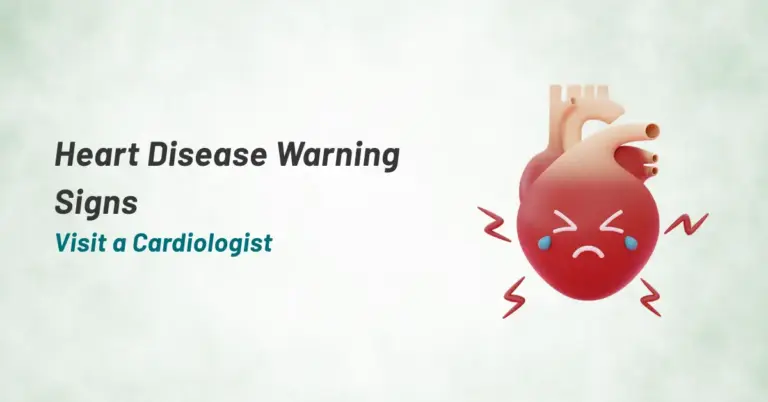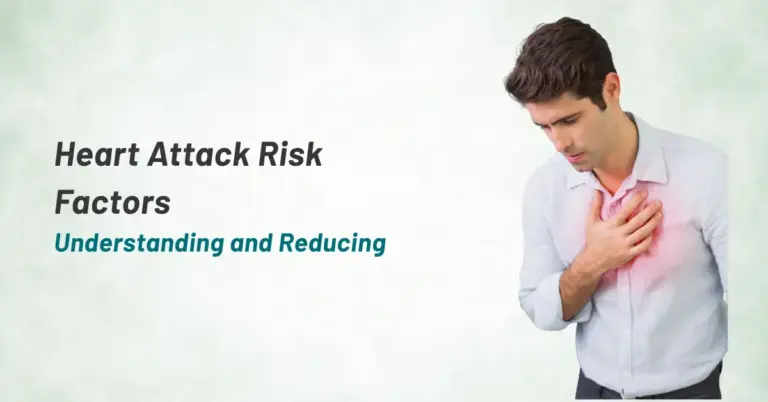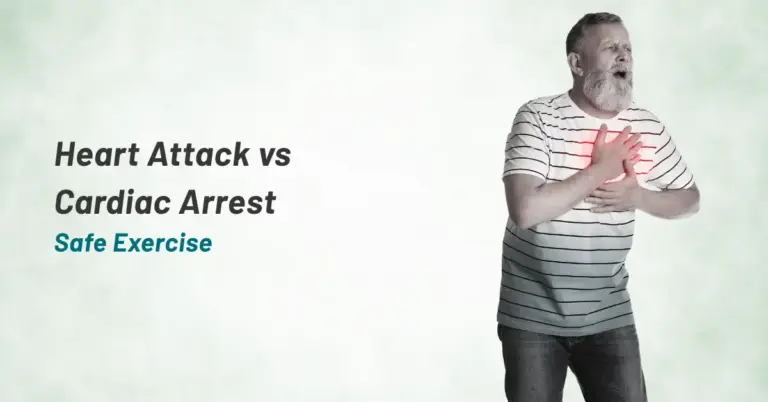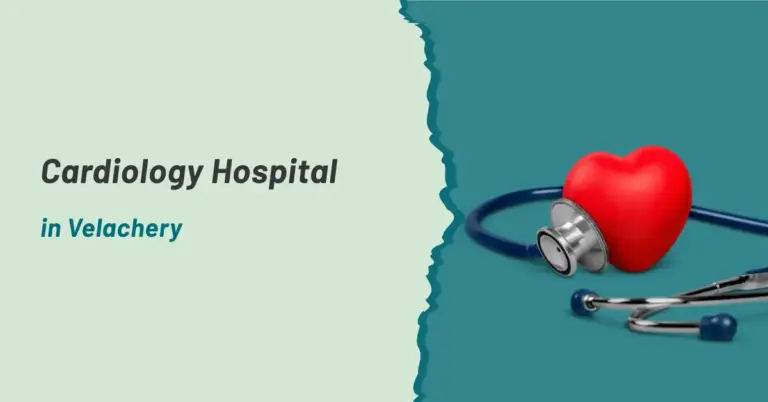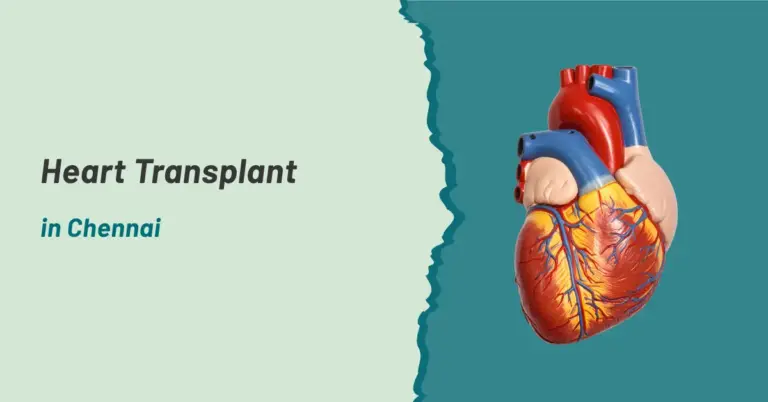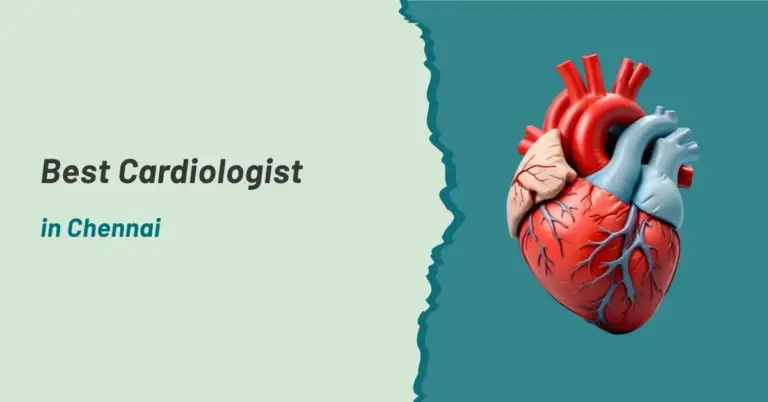Understanding the heart attack risk factors is essential to protecting your health and taking proactive steps. In the case of heart health, in particular, knowledge truly is power. Heart disease remains one of the leading causes of death worldwide, but many heart attack risk factors are within your control.
What Is a Heart Attack?
A heart attack occurs when the blood flow to the heart is blocked, typically due to plaque accumulation in the arteries. Plaque is a mixture of fat, cholesterol, and other materials. This blockage, known as atherosclerosis, can cause severe damage to the heart muscle and lead to life-threatening conditions. By understanding the heart attack risk factors, you can take preventive steps to protect your heart and learn how to reduce risk of heart attack through healthy lifestyle habits.
Being aware of your heart health and making necessary lifestyle adjustments can make a significant difference. Now, let’s explore both the controllable and uncontrollable heart attack risk factors and how you can protect yourself.
Types of Heart Attacks
There are three main types of heart attacks:
- STEMI (ST-elevation Myocardial Infarction): This is the most serious type of heart attack, occurring when there is a complete blockage of blood flow to the heart. It can be detected by an elevated ST segment on an ECG and requires immediate medical intervention.
- Non-STEMI: This occurs when the heart doesn’t get enough oxygen due to a severely narrowed artery. The blockage isn’t complete, but prompt treatment is still critical.
- Unstable Angina: Often considered a precursor to a heart attack, unstable angina causes unexpected chest pain or discomfort, usually at rest. It indicates reduced blood flow to the heart and requires immediate medical attention to prevent more severe damage.
Uncontrollable Risk Factors
There are certain heart attack risk factors beyond your control, such as:
- Age: The risk of heart attack by age increases significantly. For men, it rises after 45, while for women, it increases after 55.
- Gender: Men are more likely to have heart attacks earlier than women. However, after menopause, a woman’s risk rises significantly.
- Genetics: Family history plays a major role. If close relatives had heart disease before age 55 for men or age 65 for women, you may be at a higher risk.
Controllable Risk Factors
Fortunately, several heart attack risk factors can be controlled. Making adjustments to these areas of your life can help reduce your risk:
- Hypertension (High Blood Pressure): High blood pressure puts extra strain on your arteries and heart, increasing the risk of heart attack and stroke. Managing your blood pressure through diet, exercise, and medication is essential.
- High LDL (“bad”) Cholesterol: Excessive LDL cholesterol can cause plaque to accumulate in the arteries. A heart-healthy diet, regular exercise, and medications prescribed by your doctor can help manage cholesterol levels.
- Smoking: Smoking is one of the biggest risk factors for heart disease. Quitting smoking significantly reduces your risk, no matter how long you’ve been smoking.
- Diet: A diet high in saturated fats, cholesterol, and processed foods can increase plaque buildup. Opt for a heart-healthy diet that includes fruits, vegetables, lean proteins, and whole grains.
- Physical Inactivity: Regular exercise helps maintain a healthy weight, reduce blood pressure, and improve heart health. Aim for at least 30 minutes of moderate activity every day.
- Obesity: Being overweight raises the risk of diabetes, high blood pressure, and high cholesterol. Your chance of having a heart attack can be decreased by losing even a little weight.
- Diabetes: High blood sugar damages blood vessels and raises the risk of heart disease. Effectively managing your diabetes is crucial for lowering this risk.
- Stress: Prolonged stress can worsen high blood pressure, cholesterol, and artery damage. Managing stress through activities like meditation or exercise can benefit heart health and is one of the easiest ways for how to reduce risk of heart attack naturally.

Signs You Should See a Cardiologist
Seeking advice from a cardiologist is crucial if you experience any of the following symptoms:
- Effort Intolerance: Struggling with physical activities that were previously easy for you could signal heart problems such as coronary artery disease or heart failure.
- Chest Pain on Exertion: Chest pain triggered by physical activity can indicate blocked arteries (angina). If the pain eases when you rest, consult a doctor immediately.
- Shortness of Breath on Exertion: Difficulty breathing, even during mild activities, could point to heart issues like heart failure. Shortness of breath should not be ignored.
- Irregular Heartbeat: A racing or irregular heartbeat (palpitations) could signal an arrhythmia or other heart condition. Monitor any changes, especially if other symptoms are present.
- Fatigue: Unexplained or extreme tiredness, especially when combined with chest discomfort or shortness of breath, could indicate heart trouble and should be evaluated by a healthcare provider.
How to Lower Your Risk
There are several effective steps you can take to significantly lower your heart attack risk factors:
- Exercise Regularly: Aim for at least 150 minutes of moderate aerobic exercise per week, such as brisk walking, cycling, or swimming.
- Eat Heart-Healthy Foods: Include foods like leafy greens, nuts, whole grains, and fatty fish such as salmon in your diet. Avoid processed foods and trans fats.
- Quit Smoking: Quitting smoking offers immediate and long-term heart health benefits, significantly reducing your risk of heart disease.
- Manage Stress: Practice stress-reducing techniques such as yoga, deep breathing, or spending time outdoors. Stress management is essential for heart health.
- Stay on Top of Health Screenings: Regular health check-ups can identify early heart attack risk factors such as high blood pressure, high cholesterol, or diabetes, allowing you to manage these risks before they worsen.
Conclusion
Taking proactive steps toward heart health is one of the most important things you can do for yourself. By understanding your heart attack risk factors and making lifestyle changes such as regular exercise, eating heart-healthy foods, and quitting smoking, you can significantly lower your chances of having a heart attack. Remember, your heart works for you every day—now it’s your turn to take care of it. If you’ve ever wondered how to reduce risk of heart attack, start with small, consistent habits that support your cardiovascular system. Consult your healthcare provider for personalized advice, and remember that small changes today can lead to a healthier heart tomorrow.



